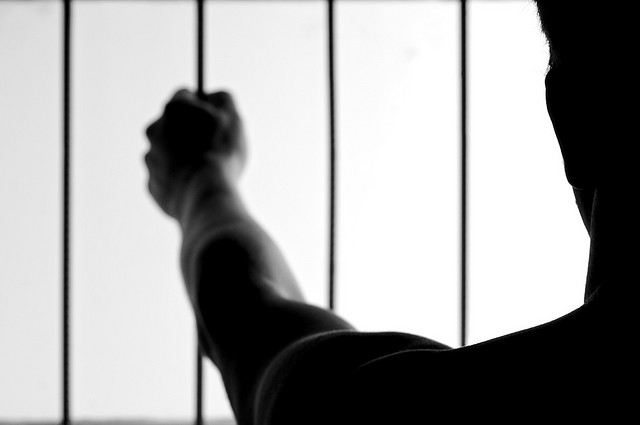In a piece in last Monday’s Australian we discussed the case of three Australians suspected of fighting with terrorist groups in Syria who are negotiating with the government to leave the war zone and return home.
Adam Brookman, also known as Abu Ibrahim and who claims to be a former health worker from Victoria, has told authorities he wants to return to Australia after three years of humanitarian work in Syria. He’s told authorities he hasn’t engaged in violence and has also expressed a willingness to discourage would-be jihadists from joining terror groups.
In another case, Queensland teenager Oliver Bridgeman has reportedly contacted his parents to help him return from Syria.
Social media indicates Bridgeman was last confirmed as being in Indonesia in March before reportedly travelling to the Middle East. He’s reportedly assured his parents that he hasn’t partaken in any violence, is scared for his life, and just wants to come home.
It’s possible others have been misinformed and may regret their choice to go to Syria or Iraq. They’re not a homogenous group; these individuals don’t necessarily warrant the same treatment as those who have deliberately committed vicious and bloodthirsty acts, such as those we’ve seen on social media.
There’s a case that some of the returnees should be at least offered the opportunity to disengage from violence. But as we argued in our op-ed, we need to have a deradicalisation program, combined with monitoring, to minimise the risks that they weren’t genuine in renouncing Islamic State and wanting to be cooperative.
Fortunately, under the Government’s new ‘Living Safe Together’ initiative intervention programs are now operating or being rolled out in the jurisdictions to divert radicalised individuals. This includes funding case management services.
This work is being complemented by the commitment of $6.2 million for a new Australian Federal Police Diversion Team for intended or returning foreign fighters and those who support them (See CVE strategy fact sheet).
But the Prime Minister wants a blanket hardline approach, seeing all foreign fighters as terrorists. This reflects the views of many in the community, that these individuals don’t deserve the right to return to Australia, and if they do, prison on return is the only place for them.
This hard line approach, however, isn’t consistent with the policy approach of the government (or the views of many in the Australian community) towards Australian drug traffickers Andrew Chan and Myuran Sukumaran.
In the lead up to their recent execution, the Abbott government called for mercy to be shown to the pair, and for their death sentences to be commuted to life imprisonment.
That case was advanced on the basis of the remorse the two Australians had shown for their actions and the rehabilitation they demonstrated within Kerobokan prison, particularly constructively working with other prisoners.
We’re not suggesting that returned Australian foreign fighters avoid a legal process. There’s no doubt some of them will pose a significant national security threat if returned to Australia.
We should be concerned at the real possibility that their desire to return to Australia may be a ruse aimed at facilitating a domestic attack. If that turns out to be the case then such people should be arrested, prosecuted and imprisoned.
But if we apply the same principle that the federal government adopted to Chan and Sukumaran to these individuals who haven’t engaged in violence, we might recognise their remorse and willingness to atone for their mistakes by assisting the community in countering violent extremism and prevent further Australians joining IS in the Middle East. It wouldn’t be the first time an Australian criminal served in a public awareness campaign.
From their real life experience, these people could become powerful voices in discouraging others from partaking in violent extremism.


